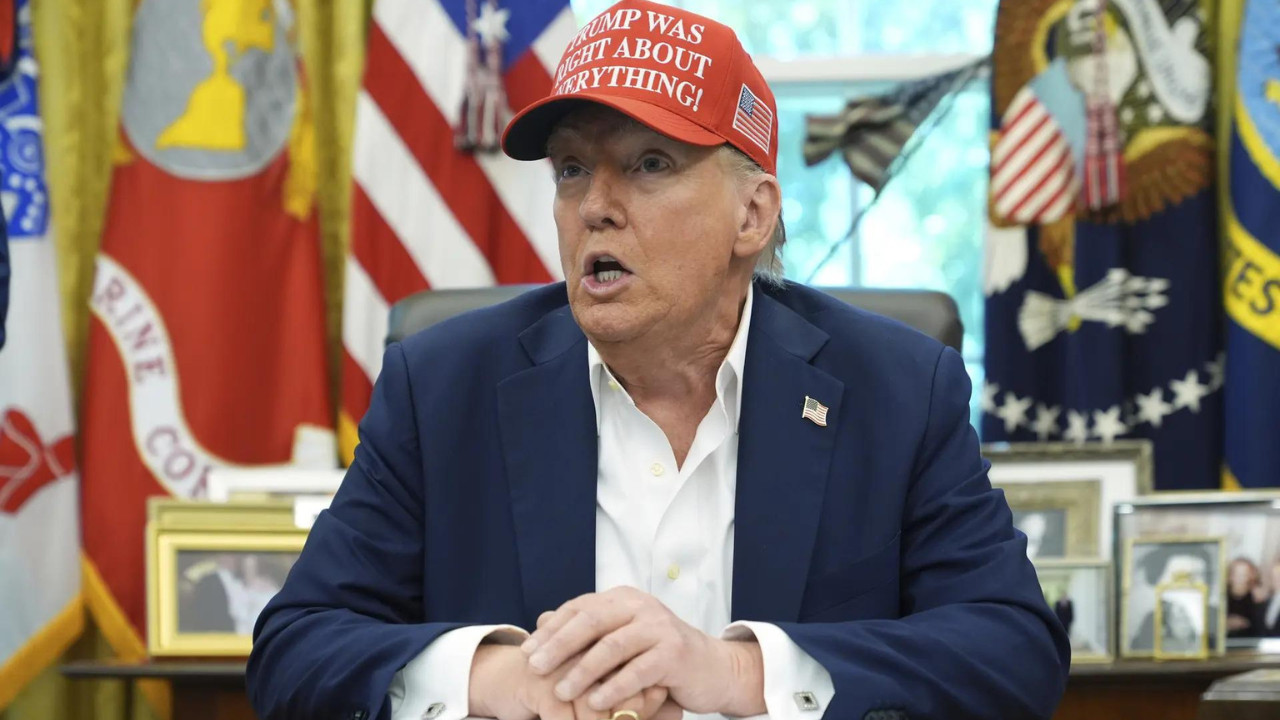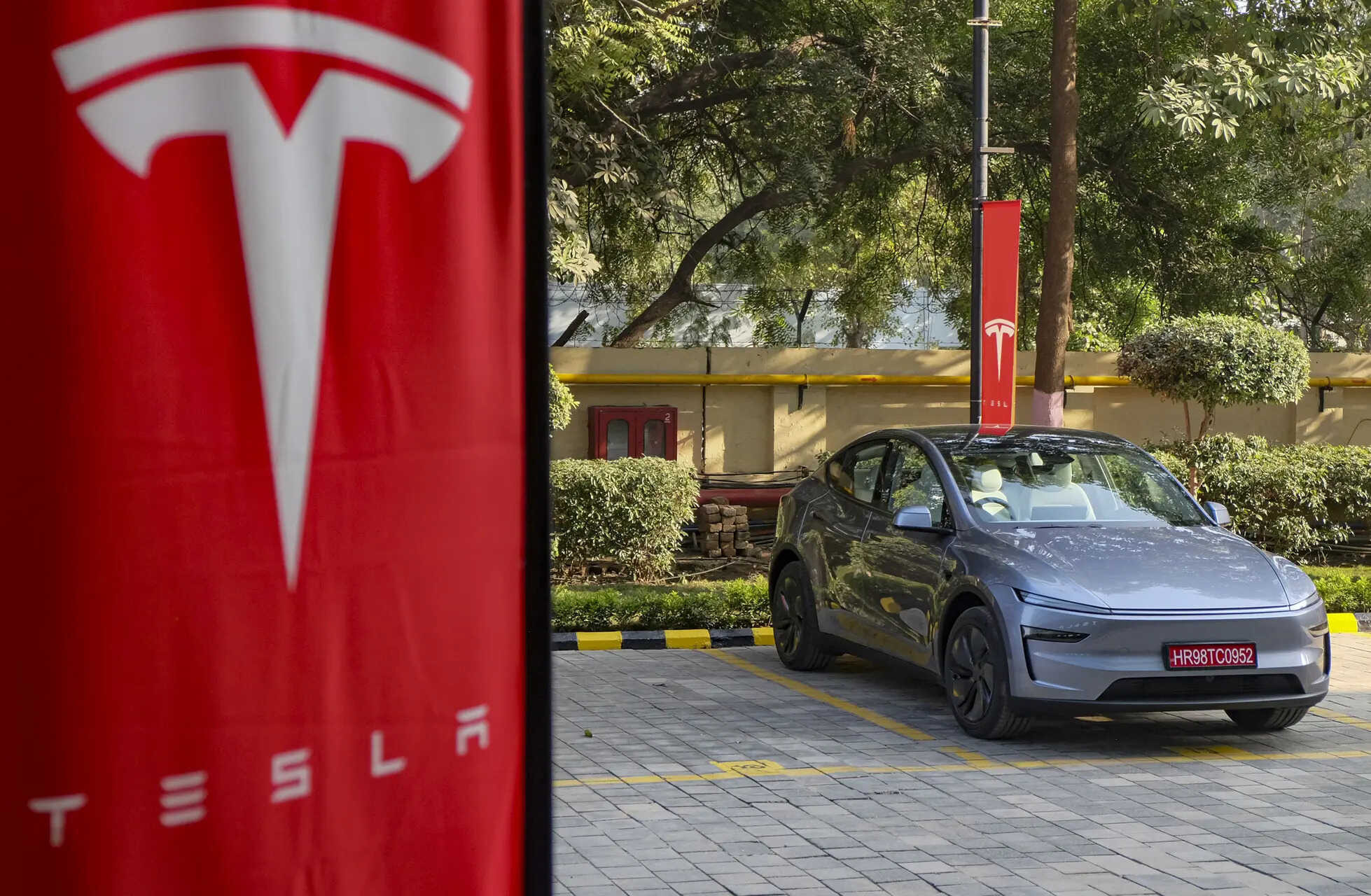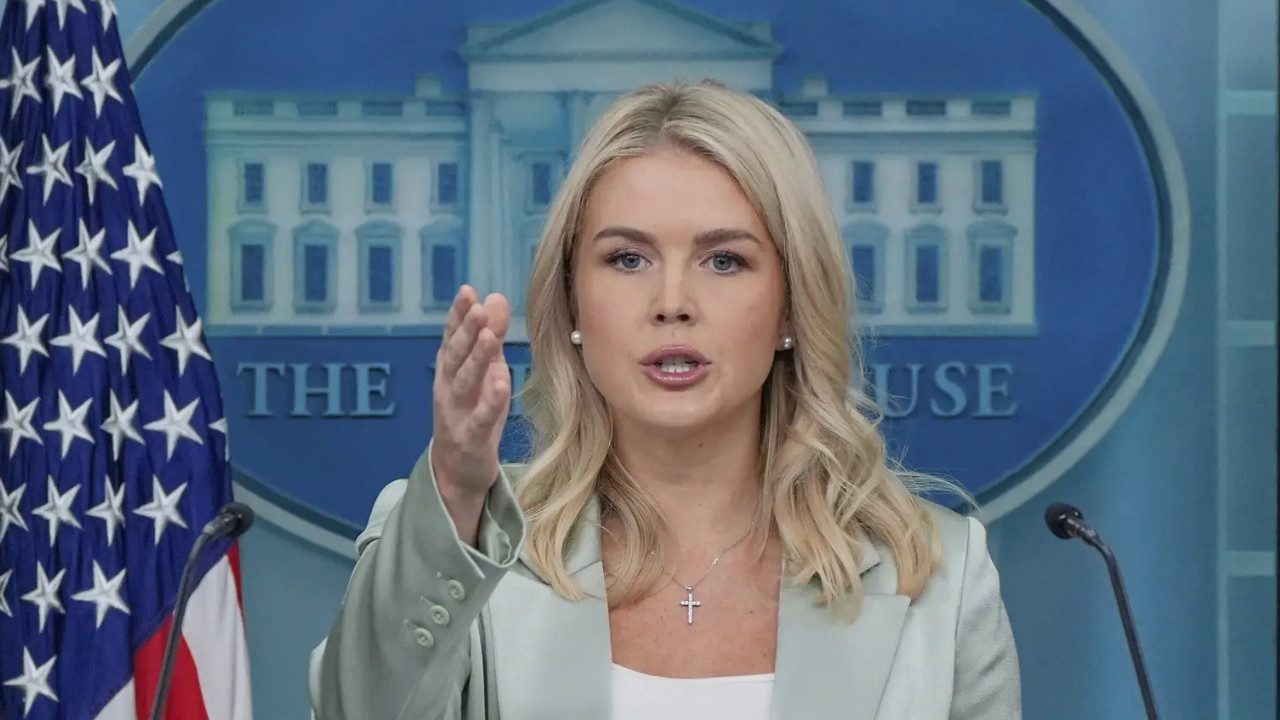The U.S. government’s $8.9 billion stake in Intel, facilitated by the CHIPS Act, signals a novel investment approach, according to Kevin Hassett. While the government aims for financial returns without interfering in company operations, Intel cautions about potential risks, including reduced grant opportunities and adverse impacts on its global business.
The Geopolitical Chessboard: Decoding the Future of Global Investment
The air crackles with anticipation. A sense of tectonic shifts underway in the world of international business. If what we’re hearing from key figures in global trade circles holds true, then we’re on the cusp of a new era, one defined by strategic alliances and bold moves in a rapidly evolving geopolitical landscape.
Forget the quiet hum of predictable markets. Think instead of a high-stakes chess game where nations are deploying economic power, and where companies are not just players, but vital pieces in a much larger strategic puzzle. The narrative being spun is one of increased deal-making, reminiscent of the landmark Intel-like investments that redefine sectors and shift balances of power. But what exactly is driving this potential surge in global investment, and what are the implications for businesses and consumers alike?
One key driver is the growing realization that supply chain resilience is no longer a mere buzzword, but a critical imperative. Events of recent years have exposed vulnerabilities and spurred a global scramble to diversify sources, relocate production, and forge new partnerships. This pursuit of resilience is not just about minimizing risk; it’s about securing a competitive advantage in a world increasingly shaped by uncertainty. Companies are realizing they need to be more nimble, more adaptable, and more globally interconnected to navigate the challenges and opportunities ahead.
The Rise of Strategic Investment and International Trade Deals
We are talking about a significant paradigm shift. Forget isolated transactions. The future, it seems, belongs to strategic investments – carefully considered moves designed to bolster national interests, secure access to vital resources, and foster innovation in key sectors. These aren’t just about short-term profits; they’re about long-term strategic positioning.

This shift is further fueled by geopolitical considerations. As nations realign themselves on the global stage, economic alliances are becoming increasingly important. We can anticipate a rise in cross-border collaborations, driven by shared strategic goals and a desire to create mutually beneficial partnerships. This is where those “Intel-like deals” come into play, representing not just financial investments, but long-term commitments to innovation and economic growth.
Reshoring, Friend-Shoring, and the Future of Global Commerce
The conversation naturally shifts to the concepts of reshoring and friend-shoring. Reshoring, the act of bringing manufacturing and production back to a company’s country of origin, is gaining momentum as businesses seek to reduce their reliance on distant and potentially unstable supply chains. Friend-shoring, on the other hand, involves relocating production or sourcing materials to countries with aligned values and political systems. Both strategies are aimed at creating more secure and reliable supply chains.
What does this mean for the average business owner? It means actively assessing your supply chain vulnerabilities and exploring alternative sourcing options. It means considering the geopolitical implications of your business decisions and forging partnerships with countries and companies that share your values.
Navigating the New Landscape: A Call for Adaptability
The changing landscape presents both challenges and opportunities. Businesses that can adapt quickly, embrace innovation, and forge strategic partnerships will be best positioned to thrive in this new era. This requires a willingness to think outside the box, to challenge conventional wisdom, and to embrace a more agile and responsive approach to global commerce. It’s a call for bold leadership, strategic vision, and a deep understanding of the interconnectedness of the global economy. For related insights, see our article on [navigating international business regulations](internal-link-to-related-article).
The projected surge in global investment, particularly in the form of strategic alliances and “Intel-like deals,” signifies a significant reshaping of the international business environment. Success will hinge on adaptability, a strategic mindset, and the ability to navigate a complex geopolitical landscape. Those who can master these skills will not only survive but thrive in this exciting, yet challenging, new era of global commerce.







